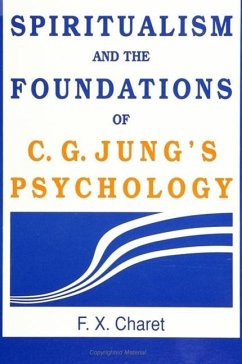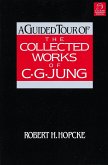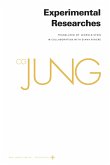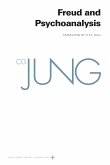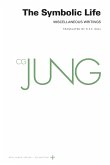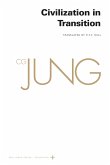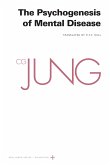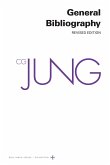Charet uncovers some of the reasons why Jung's psychology finds itself living between science and religion. He demonstrates that Jung's early life was influenced by the experiences, beliefs, and ideas that characterized Spiritualism and that arose out of the entangled relationship that existed between science and religion in the late nineteenth century. Spiritualism, following it inception in 1848, became a movement that claimed to be a scientific religion and whose controlling belief was that the human personality survived death and could be reached through a medium in trance. The author shows that Jung's early experiences and preoccupation with Spiritualism influenced his later ideas of the autonomy, personification, and quasi-metaphysical nature of the archetype, the central concept and one of the foundations upon which he built his psychology.
Hinweis: Dieser Artikel kann nur an eine deutsche Lieferadresse ausgeliefert werden.
Hinweis: Dieser Artikel kann nur an eine deutsche Lieferadresse ausgeliefert werden.

